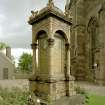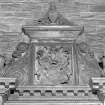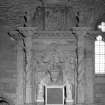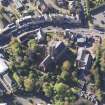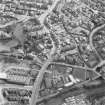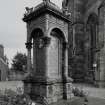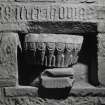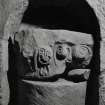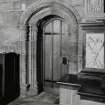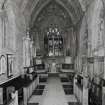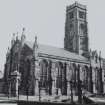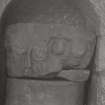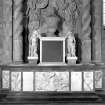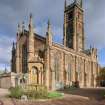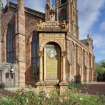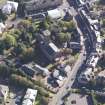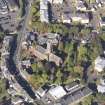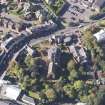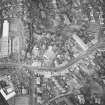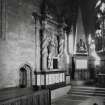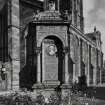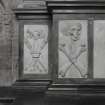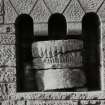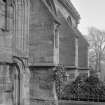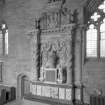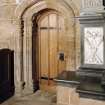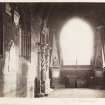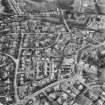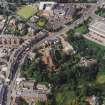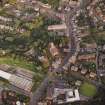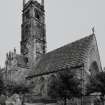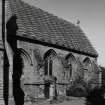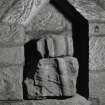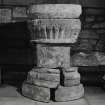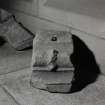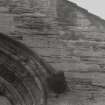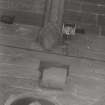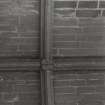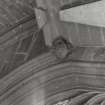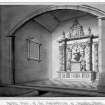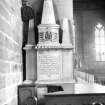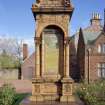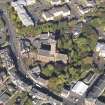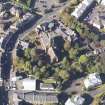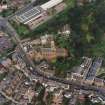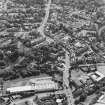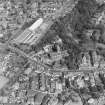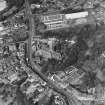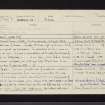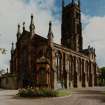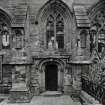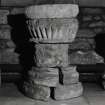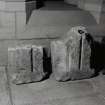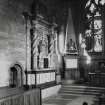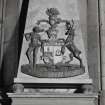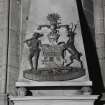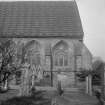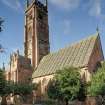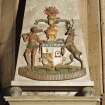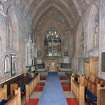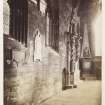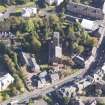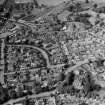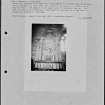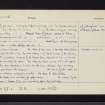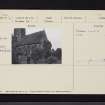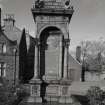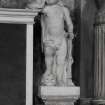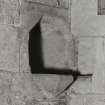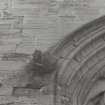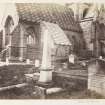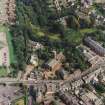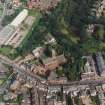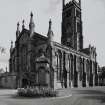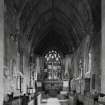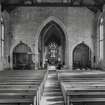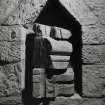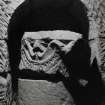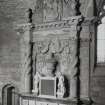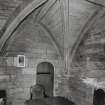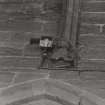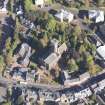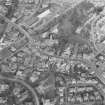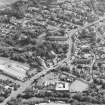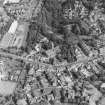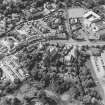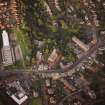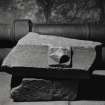Following the launch of trove.scot in February 2025 we are now planning the retiral of some of our webservices. Canmore will be switched off on 24th June 2025. Information about the closure can be found on the HES website: Retiral of HES web services | Historic Environment Scotland
Bothwell, Main Street, St Bride's Collegiate Church
Church (12th Century) - (14th Century), Mausoleum (18th Century)
Site Name Bothwell, Main Street, St Bride's Collegiate Church
Classification Church (12th Century) - (14th Century), Mausoleum (18th Century)
Alternative Name(s) Bothwell Old Parish Church; St Bride's Parish Church
Canmore ID 45691
Site Number NS75NW 6
NGR NS 70490 58604
Datum OSGB36 - NGR
Permalink http://canmore.org.uk/site/45691
First 100 images shown. See the Collections panel (below) for a link to all digital images.
- Council South Lanarkshire
- Parish Bothwell (Hamilton)
- Former Region Strathclyde
- Former District Hamilton
- Former County Lanarkshire
NS75NW 6.00 70490 58604
NS75NW 6.01 70514 58611 Churchyard
(NS 70471 58605) Church (NR)
OS 6" map (1910-38)
Secular College of Canons or Priests (scanty or no remains) existed until AD 1500.
OS Monastic Britain (North sheet) 1951
Collegiate Church of Bothwell - founded on 10th October, 1398 by Archibald, Earl of Douglas, for a provost and 8 prebendaries. The prebendaries had each a house and yard round the church. The houses are now demolished, but the yards retain the names of Vicar Yard, and Prebend Yard... It was, before, a cloister of Nuns. The present church was formerly used as the quire of the Collegiate church. It was deserted as a place of worship in 1828.
Statistical Account (OSA) 1796; New Statistical Account (NSA) 1845; W Grossart 1880
Visited by OS (JLD) 23 June 1953
Bothwell Church: discoveries during the work of reconstruction, completed in 1933, revealed earlier foundations of the church choir; earlier than 14th century work. Fragments of dressed stones were found below the floor levels, including fragments of capital, abacus, base
and surbase, which belonged to the Late Norman or pre-Gothic style. "Assuming that the Norman church and aisles were of the same size as the 1833 nave, then we have a church with a double arcade, with north and south aisles".
J J Waddell 1933; D MacGibbon and T Ross 1896; J A Wilson 1937
The apse of this church, built by the Opifards or Morays, would have become inadequate by 1398, hence the new choir addition. Many other stones were found, including several grave slabs.
Collegiate Church of Bothwell, dedicated to St Bride (and similar information as above) probably founded in the 12th century in view of recent discoveries (see preceding information). Oldest stone in the churchyard bears the date '1422'-8 others date from 1600-1700.
J Waddell 1904; J H Pagan 1892
"St Bride's Church: Bothswell. The Choir of this church is the oldest visible structure, and dates from the 14th century. The whole building is of interest because of the discovery of its 12th century foundations. Numerous of the Norman stones referred to by Waddell can be seen both inside and outside the church. Also within the church are some 12th and 13th century grave slabs. The stone referred to by Pagan was not seen, although there are many ancient grave-stones in the churchyard. The nave is of 19th century works, and the Choir-although considerably renovated-still retains its Gothic features. The whole church is in use today for public service. No evidence of this having been a nunnery was encountered during the investigation.
Visited by OS (JLD) 9 September 1953
NS75NW 6.00 70490 58604
NS75NW 6.01 70514 58611 Churchyard
NMRS REFERENCE
Architects: David Hamilton 1824 - additions. Gate Lodge R.R. Anderson, 1898 - 9.
James and James Smith - Monument to 3rd Duke of Hamilton 1695/6 (monument removed from Hamilton Collegiate Church)
The Hamilton Monument is that of William Douglas, Earl of Selkirk and 3rd Duke of Hamilton (d.1694).
1st Earl of Forfar (d.1712)
2nd Earl of Forfar (d.1715)
Joanna Ballie Monument (NS75NW 146)
Architect: F. Vincent Hart, 1898 - 9.
EXTERNAL REFERENCE
Scottish Record Office: RHP 5567, 5568 David Hamilton 1824 - plans of add. to West end.
Mitchell Library: Wm. Graham Vol. 1 p53. - 1 photograph (1910)
National Library: Uncatalogued MSS of General Hutton
No 61 Vol. 1 - 1 sketch (no date)
Hamilton MSS (Lennoxlove). Box 463/10/2 - contract for building and drawing of monument to 3rd Duke was to look like.
Watching Brief (13 November 2013 - 4 December 2013)
NS 70490 58604 A watching brief was undertaken, 13 November – 4 December 2013, during development work associated with the fitting of new services to the church. A large number of exploratory excavations were undertaken around the church and within the confines of the churchyard to identify existing drainage, some of which dates back to the 19th century, possibly earlier. As well as a number of overburden deposits related to the latest renovations of the church, there was a large highly
compacted yellow clay layer of redeposited natural within which were a number of disarticulated bones. At least one possible coffin burial was also identified, although only a very small area of this was exposed, and it was left in situ and covered over. An old stone culvert was found to the E side of the church, which was largely exposed and consisted of a stone-lined drain.
Archive: RCAHMS (intended)
Funder: Tod and Taylor Architects on behalf of Bothwell
Jamie Humble and Diana Sproat – AOC Archaeology Group
(Source: DES)
OASIS ID: aocarcha1-169336










































































































